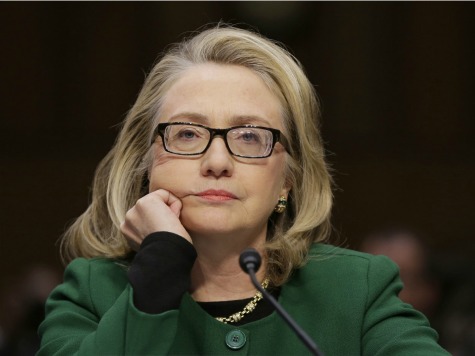When Lawrence Summers withdrew from consideration as the next head of the Federal Reserve, he performed a great service for the Democratic Party’s two most important figures — Barack Obama, and his presumed (by Democrats) successor, Hillary Clinton.
The president was spared an embarrassing Senate confirmation fight, with likely defections from his own party. And, Clinton avoided an episode that might have forced her to confront a question that she has, so far, happily avoided: If she runs for president, will she dare to do so as a Clinton Democrat?
Summers’ undoing was largely the work of the ascendant left wing of the Democratic Party, an increasingly assertive faction that saw in Summers a remnant of a political approach it roundly rejects – the “New Democrat” politics of former President Bill Clinton.
One pillar of Clintonism was a reorientation of the party toward Wall Street, where Clinton, in 1992, found his chief economic adviser, Robert Rubin, the co-chairman of Goldman Sachs (and a trove of new money for Democratic coffers). Rubin and his protégé, Summers, both served Clinton as Treasury secretary, and both advocated for de-regulation of the financial sector – a policy that much of the left blames for the 2008 financial meltdown.
From the moment in July that Obama mentioned that current Fed Chairman Ben Bernanke was leaving the post, two things became clear: Obama was determined that Summers would become the next Fed chairman, and liberal Democrats were just as determined that he wouldn’t.
Read the rest of the story at Fox News.

COMMENTS
Please let us know if you're having issues with commenting.